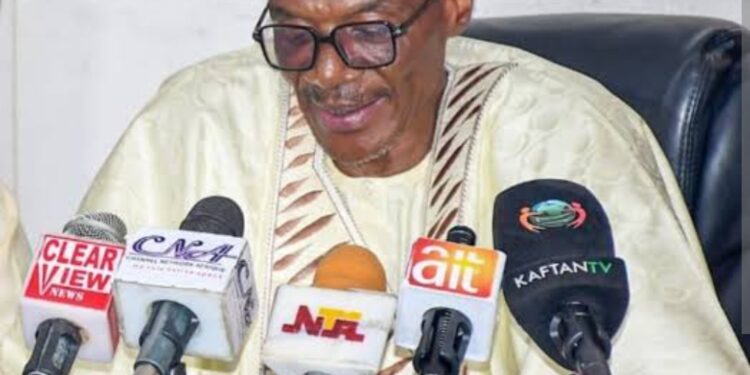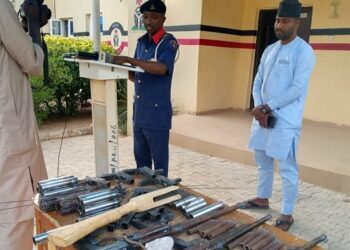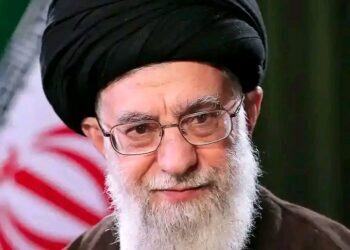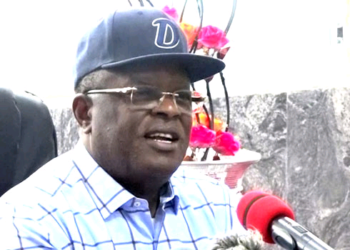By Abubakar Yunusa
The Northern Elders Forum (NEF) has expressed grave concern over the recent surge in harassment and attacks on northerners engaging in their lawful businesses in southern Nigeria, particularly in the South East.
The NEF unequivocally condemns these acts of provocation against innocent citizens who are simply going about their activities in that region.
In a statement released by its Deputy Director General II, Salisu Mohammed, and made available to journalists in Abuja yesterday, the NEF called on President Bola Ahmed Tinubu and relevant security agencies to swiftly address these criminal activities and prevent them from undermining national unity and cohesion.
The NEF’s call comes in response to a widely circulated video on social media showing suspected members of the Eastern Security Network (ESN) purportedly slaughtering hundreds of cattle belonging to northerners. This despicable act, recorded and circulated on social media platforms, is strongly condemned by the NEF.
Lamenting this brazen attempt to test the resilience of Nigeria’s diversity and unity, the NEF described such actions as sabotage against efforts to foster national unity.
While advocating for unity, peace, and harmony across the country, the NEF emphasizes the need for all Nigerians to come together to achieve shared aspirations.
Furthermore, the NEF wishes to clarify that a statement circulating in the media alleging that the North regrets voting for President Bola Tinubu does not reflect the position of the Forum. The NEF asserts that it has neither assessed the performance of the Tinubu administration nor discussed political matters regarding 2027.
The NEF believes it is premature to engage in such distractions when good governance and the dividends of democracy are paramount. Therefore, the NEF remains focused on advocating for improvements in the northern region and Nigeria as a whole.
In conclusion, the NEF urges leaders to verify and authenticate information before making public pronouncements and to address issues within their specific contexts.











